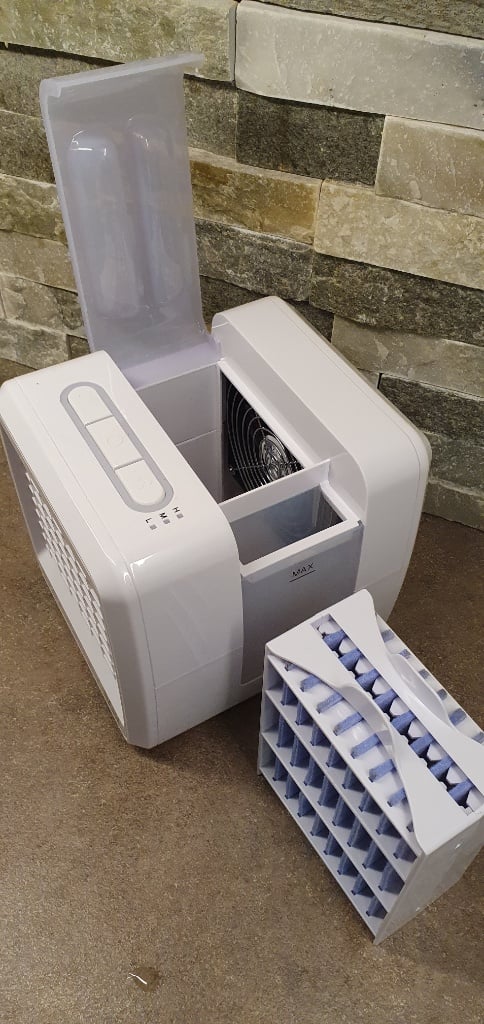view the rest of the comments
Ask Lemmy
A Fediverse community for open-ended, thought provoking questions
Please don't post about US Politics. If you need to do this, try !politicaldiscussion@lemmy.world
Rules: (interactive)
1) Be nice and; have fun
Doxxing, trolling, sealioning, racism, and toxicity are not welcomed in AskLemmy. Remember what your mother said: if you can't say something nice, don't say anything at all. In addition, the site-wide Lemmy.world terms of service also apply here. Please familiarize yourself with them
2) All posts must end with a '?'
This is sort of like Jeopardy. Please phrase all post titles in the form of a proper question ending with ?
3) No spam
Please do not flood the community with nonsense. Actual suspected spammers will be banned on site. No astroturfing.
4) NSFW is okay, within reason
Just remember to tag posts with either a content warning or a [NSFW] tag. Overtly sexual posts are not allowed, please direct them to either !asklemmyafterdark@lemmy.world or !asklemmynsfw@lemmynsfw.com.
NSFW comments should be restricted to posts tagged [NSFW].
5) This is not a support community.
It is not a place for 'how do I?', type questions.
If you have any questions regarding the site itself or would like to report a community, please direct them to Lemmy.world Support or email info@lemmy.world. For other questions check our partnered communities list, or use the search function.
Reminder: The terms of service apply here too.
Partnered Communities:
Logo design credit goes to: tubbadu


You're wrong, your spouse is right.
Thermal energy is required both to raise the temperature of a mass of (in this case) water, and additional thermal energy is required to change its state from liquid to gas. This additional thermal energy is spent without creating any actual temperature increase, but it had to come from somewhere.
In this case, the thermal energy for the state change came from the surrounding air. The energy didn't come from changing the state of the air, so it must have come from lowering the temperature of the air.
As others have noted, this only works in low-humidity environments. If the air is already saturated with water vapor, no more evaporation will occur. This is why high-humidity environments feel hotter: your sweat isn't evaporating to cool you off.